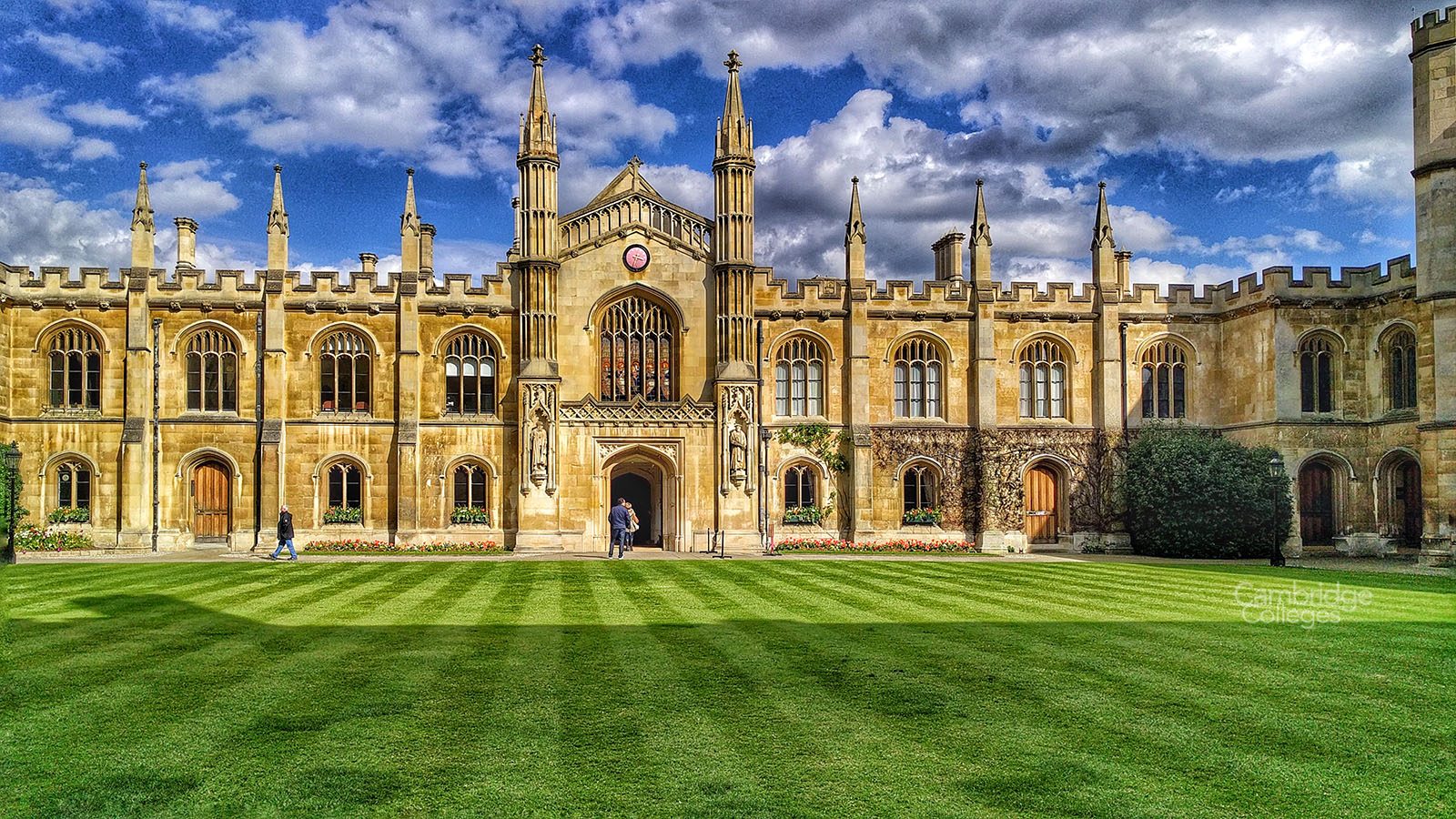Standing out in the competitive admissions process at the University of Cambridge takes more than top grades—it calls for a deep intellectual drive, academic ambition, and a true passion for your subject. Cambridge is celebrated for its rigorous academic environment, historic colleges, and vibrant research culture that draws exceptional students from around the world. With a selection process that goes far beyond academics, submitting a well-prepared and comprehensive application can greatly improve your chances of success. Before diving into how to get admission to University of Cambridge, it’s worth understanding what makes Cambridge such a remarkable destination for higher education.
Why Choose the University of Cambridge?
The University of Cambridge offers an unparalleled educational experience with a tradition of excellence dating back to 1209. Students benefit from world-class faculty, access to cutting-edge research facilities, and a collegiate system that fosters close academic and personal support.
It encourages intellectual independence, critical thinking, and innovation across a diverse and inclusive community. Its global reputation, influential alumni network, and strong career support open doors to elite opportunities worldwide. Generous scholarships and financial support ensure that talented students from all backgrounds can thrive at Cambridge.
How to Get Admission to University of Cambridge
Applying to Cambridge is a multi-step process that requires careful preparation and attention to detail. The university seeks students who demonstrate academic excellence, a passion for learning, and the potential to contribute to the Cambridge community. Whether you are applying for undergraduate or postgraduate programs, understanding the process and meeting all requirements is essential.
Application Process
- Choose a Course and College: Research your desired course and select a college, or make an open application.
- Submit UCAS Application: Apply online through the UCAS (Universities and Colleges Admissions Service) portal by the October 15 deadline. Include your details, academic history, and a personal statement.
- Complete the Supplementary Application Questionnaire (SAQ): After submitting your UCAS application, you’ll receive instructions to complete the SAQ, which gathers additional information specific to Cambridge.
- Submit Academic Transcripts and Predicted Grades: Provide transcripts from your current and previous institutions, along with predicted grades if you are still studying.
- Admissions Assessments and Written Work: Many courses require you to take a written assessment or submit examples of written work as part of the evaluation process.
- Interview: Shortlisted candidates are invited to interview, either in person or online. The interview assesses your academic potential and motivation for your chosen subject.
- Track Your Application: Monitor your application status and respond promptly to any additional requests from the university.
Eligibility Criteria
Always review the specific requirements for your chosen course and college before applying.
- Academic Excellence:
Typically requires A-level or equivalent (e.g., IB). Check specific course requirements. - Accepted Qualifications:
Cambridge accepts A-levels, IB, and many international equivalents. Verify your qualifications meet course standards. - English Proficiency:
Required if English is not your first language. Typical minimum scores: - Age Requirements:
Some courses, like Medicine, require you to be 18 or older at course start. - Course and College Variations:
Entry requirements may vary by course and college; some may require higher grades or specific subjects. - Additional Assessments:
Many courses require written tests, submitted work, or interviews as part of the selection. - International Applicants:
Must have qualifications equivalent to UK standards, such as high scores in Indian Class XII exams.
Scholarships and Financial Aid
-
Charles Wallace India Trust Scholarships
Eligibility: Indian citizens aged 28–38 pursuing a postgraduate course (MA) in arts or heritage conservation at a UK university; must hold a first degree/diploma in their field, and preference is given to those with significant work experience.
Benefit: Covers accommodation and living costs in the UK, plus a contribution of £700 towards international travel.
-
Commonwealth Scholarship and Fellowship Plan
Eligibility: Permanent resident of a Commonwealth country with an undergraduate honors degree, and unable to afford to study in the UK.
Benefit: Full coverage of expenses, including tuition, travel, and a monthly stipend of £1,652.
-
Dr Manmohan Singh Scholarship
Eligibility: Indian students pursuing doctoral studies at St. John’s College, University of Cambridge.
Benefit: Full coverage of tuition fees, accommodation, living expenses, airfare, and a monthly stipend.
Fees and Cost of Attendance
- Tuition Fees: £24,507–£63,990 (per year, depending on course, for international students)
- College Fees: £11,250 (per year, for most international students)
- Accommodation: £7,335–£8,850 (per year, average range)
- Food: Included in the living costs estimate
- Personal Expenses, Social Activities, Study Materials, Miscellaneous: £5,065–£5,750 (per year, estimated)
- Total Estimated Annual Cost: £43,000–£79,000 (depending on course and lifestyle)
Deadlines
- UCAS Application Deadline: October 15 (for all undergraduate courses)
- Supplementary Application Questionnaire (SAQ): Shortly after UCAS submission
- Admissions Assessments: Dates vary by course, usually in November
- Postgraduate Deadlines: Vary by department and course; check specific program pages
Bottom Line
Start your preparation early, research your course and college options thoroughly, and ensure all documents are submitted on time. Craft a strong personal statement and prepare for the admissions assessment and interview. Apply for scholarships and financial aid as soon as possible. With dedication and strategic planning, you can enhance your chances of joining the University of Cambridge’s prestigious academic community, in which EduNirvana will help you.











